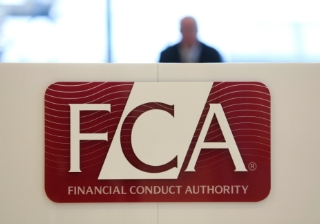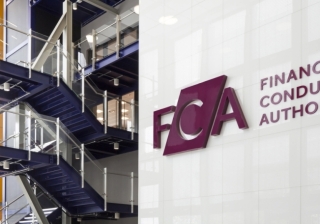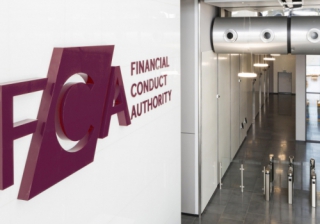MiFID II: The sequel - Just when you thought it was safe to go back into European regulation
Introduced in 2007, the Markets in Financial Instruments Directive is referred to by the FCA as "the cornerstone of the European Union's regulation of financial markets"and provides UK firms with a 'passport' to trade across Europe.

Deprecated: trim(): Passing null to parameter #1 ($string) of type string is deprecated in C:\inetpub\wwwroot\2025.financialreporter.co.uk\htdocs\templates\front-end\partials\article_blockquote.php on line 2
As you would expect, MiFID has a very broad focus, covering everything from IT and HR to policy and service levels.
Changes in European legislation have led to a new directive and new regulation, collectively (if not very imaginatively) known as MiFID II. Although this isn’t due to be fully implemented and enforceable until the 3rd of January 2017, the FCA has suggested that advisers start preparing now for the upcoming changes.
One of the key questions was whether MiFID II’s standard of independent advice wasdifferent, in practice, to the UK’s RDR standard.
I believe there are differences in the standards of independence within MiFID II and the RDR definition.
Consideration to a sufficient range of financial instruments is not all retail investment products as defined by RDR. Adopting the MiFID II standards has the benefit to firms of allowing them to identify, focus on and recommend instruments/products that are relevant to their target audience and client. This reduces the requirement to continually demonstrate on-going competence of products not generally suitable for their clients.
Benefits to the consumer are increased as they are not researching a reduced market should they wish to obtain independent financial advice based on limited needs, where otherwise some firms would not meet the definition of independent (i.e. firms not offering advice on high risk or non-mainstream products which may not carry any access to a compensation scheme).
Full consumer protection is still afforded by the high level principles to ensure appropriateness and to act in the customers best interests. In practice this means a firm could make a referral (i.e. of a non-mainstream or more complex instrument/product) and retain its independence.
Provided firms can demonstrate consideration of a range of retail investment products that meet the needs of its customers and recommend from the whole of, or available, market, I am of the view that this should meet the standards of independence, and comply with the requirements within MiFID II.
I welcome the forthcoming discussion paper on the wider provision of information to consumers, with reference to a better representation of information and their understanding of adviser labels.
The FCA also asked how itshould implement MiFID II’s requirement to develop an independence standard for advice on shares, bonds and derivatives.
On this point, I’d suggest the European Securities and Markets Authority’s technical advice is followed, that independent advisers consider a range of financial instruments proportionate to the scope of advice, and adequately representative of the products available on the market.
While I’m mindful of the wider range of retail investment products encapsulated by MiFID II, including shares, bonds and derivatives, these are specialist financial instruments, and I agree that the costs of their inclusion is not proportionate to the small benefit that may be derived for consumers by their inclusion.
I agree that the suggestion to replicate the existing approach, and provide a relevant market on a carefully defined basket of products, may be appropriate, for stockbroking firms, and thus have a separate standard for independent advice on derivatives.
Breaking news
Direct to your inbox:
More
stories
you'll love:
This week's biggest stories:
This week's biggest stories:
Market Financial Solutions
Market Financial Solutions enters administration due to 'unexpected banking issue'

FCA
FCA fines duo over £100,000 for insider dealing

FCA
FCA chief confirms regulatory shift away from new rules

FCA
FCA reveals new protections for Buy Now Pay Later borrowers

FCA
FCA bans and fines for 'reckless adviser' and fund manager upheld by Tribunal

FCA
FCA fines former Carillion CEO £238,000
